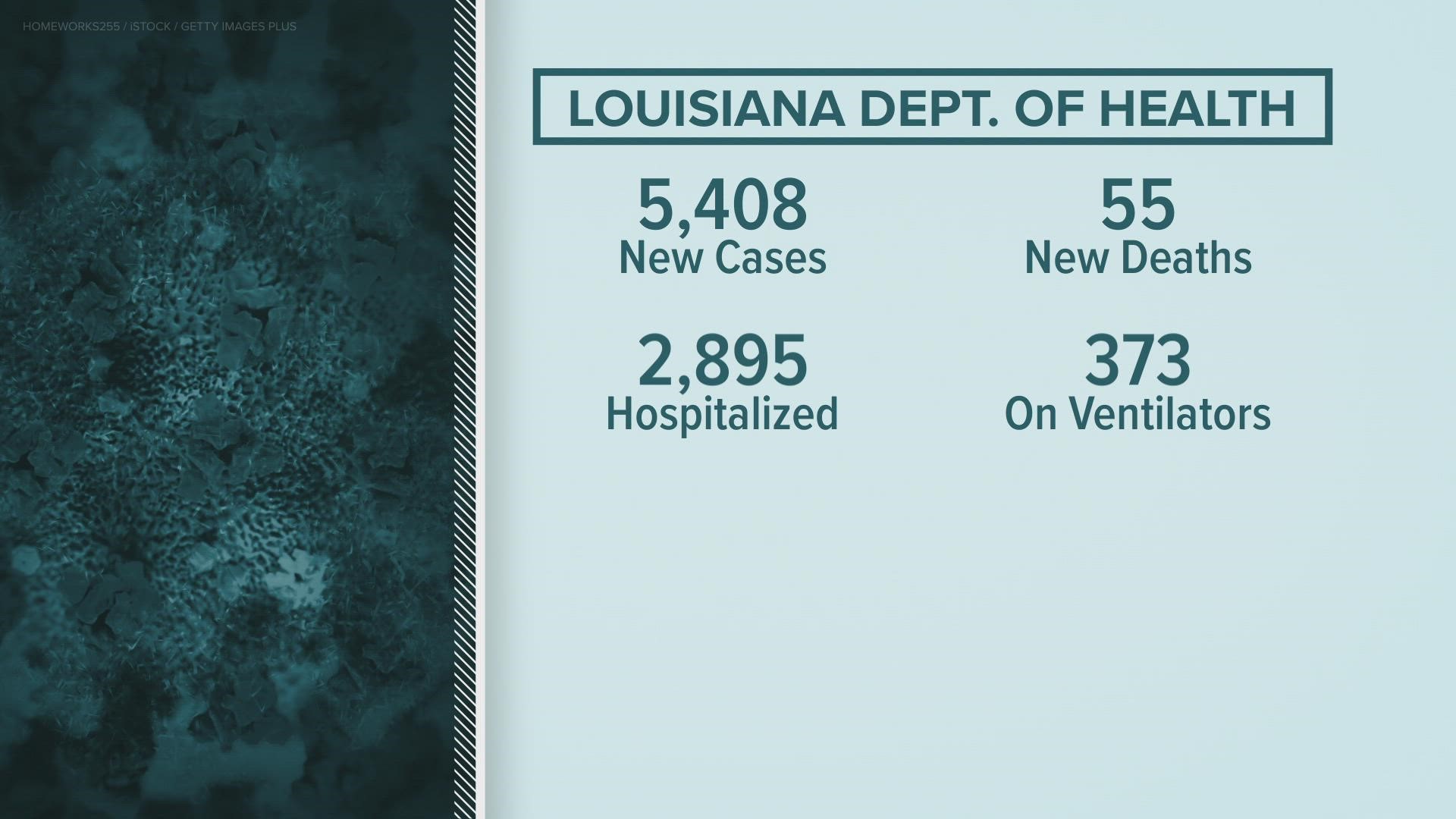NEW ORLEANS — Covid-19 – the infectious disease initiated by SARS-CoV-2 – that primarily attacks respiratory (breathing) function – has not only spread rapidly over the prior year, but also has spawned more contagious variations, such as the current Delta variant.
The human immune system – innate and adaptive – activates the body’s response to the Covid-19 antigen. Individuals with comorbidities, like obesity, hypertension, pulmonary dysfunction, diabetes, and cardiovascular disease, are at increased risk to adverse complications.
Supporting the body’s challenge to the invading antigen is an individual’s dietary behavior that influences nutritional status.
With respect to Covid-19 and the association of dietary behaviors, researchers from the Department of Preventive Medicine, Research and Information Services, and the Department of Medicine, Feinberg School of Medicine, Northwestern University in Chicago, chose to use data from the UK Biobank (UKB) to examine the dietary behaviors measured in 2006-2010 and Covid-19 infections in 2020.
The American researchers linked the UKB geo-data to UK Covid-19 surveillance data to account for Covid-19 exposure.
The UKB is an international health resource of over 500,000 participants aged 37–73 years at 22 centers across England, Wales, and Scotland.
The UKB participants, who underwent physical measurements, assessments about health and risk factors (including lifestyle and dietary behaviors), and blood sampling at baseline (2006–2010), agreed to follow-up on their health status. Country-wide surveillance data was used to identify UKB participants exposed to COVID-19.
Based on the data analysis, it was determined that, “consuming more coffee, vegetables, and being breast fed, as well as, consuming less processed meat intake were independently associated with lower odds of COVID-19 positivity. These associations were attenuated (reduced), when accounting for the UK’s COVID-19 case rate (i.e., exposure).”
The data analysis reflected that, “habitual consumption of 1 or more cups of coffee per day was associated with about a 10% decrease in risk of COVID-19, compared to less than 1 cup/day,” while, “consumption of at least 0.67 servings/d of vegetables (cooked or raw, excluding potatoes) was associated with a lower risk of COVID-19 infection.”
The UKB American investigators found that processed meat consumption (refers to any meat that has been transformed through salting, curing, fermenting, smoking, or other process to enhance flavor or improve preservation) of as little as 0.43 servings/day was associated with a higher risk of COVID-19.
However, comment the Americans, “red meat consumption presented no risk, suggesting meat per se does not underlie the association we observed with processed meats.”
Finally, it was found that, “a long-term favorable association between being breastfed as a baby and COVID-19 infection in UKB contribute to the growing evidence in support of nutrition early in life for optimal immunity for life.”
The study analysis concluded, “our results support the hypothesis that nutritional factors may influence distinct aspects of the immune system, hence susceptibility to COVID-19.”
To read this study, you can find it under the “open access research” on maxwellnutrition.com.

